Convergence Research Characteristics
This section is developed by Dr. Bassel Daher, Texas A&M Energy Institute, COnvergence REsearch (CORE) Incubator
1. Research driven by a specific and compelling problem.
- Inspired by the need to address a specific challenge or opportunity, whether it arises from deep scientific questions or pressing societal needs.
2. Deep integration across disciplines is required.
- new frameworks, paradigms or even disciplines can form sustained interactions across multiple communities.
- knowledge, theories, methods, data, research communities and languages become increasingly intermingled or integrated.
3. Integration from project inception.
The convergence paradigm intentionally brings together intellectually diverse researchers and stakeholders from the inception to:
- frame the research questions,
- develop effective ways of communicating across disciplines and sectors,
- adopt common frameworks for their solution,
- develop a new scientific vocabulary.
Convergence Research Team
The DIRE-FEWS Team for planning phase has been formed keeping convergence research characteristics in our mind while we formulate the research agenda for disaster resilient food energy water systems. Our core partners involve several TAMU System member organizations, as well as our regional, national, and international core partners. Over the course of the next year, we intend to grow this team and develop a consortium of members. Engagement in this project is expected to provide new directions, research questions, paradigms, and pathways to solutions for some of the pressing needs of our society. If you are interested to join our growing team, to get involved, or just to be informed about the project, please express your interest and register here.
TAMU System Core Partners:

TEES Gas and Fuels Research Center
The TEES Gas and Fuels Research Center is a multidisciplinary research center involving professors from Texas A&M University’s campus in College Station and the Qatar campus, and represents different engineering programs, including chemical engineering, petroleum engineering, material engineering and mechanical engineering. The GFRC’s research activities span upstream and downstream systems for gas and fuels. Debalina Sengupta, the Principal Investigator for the DIRE-FEWS project sponsored by the NSF SRS-RN program, is the Associate Director of the GFRC. Mahmoud El-Halwagi, co-PI, is a professor in the Department of Chemical Engineering, Holder of the Bryan Research and Engineering Chair, Managing Director of the GFRC. Debjyoti Banerjee, Senior Personnel, is Professor of Department of Mechanical Engineering at Texas A&M University and a Faculty Affiliate to the GFRC and the Texas A&M Energy Institute. Arkasama Bandyopadhyay, Senior Personnel in the project, is a Research Assistant Professor in the Department of Mechanical Engineering. Learn more about TEES Gas and Fuels Research Center here.

The Texas A&M Energy Institute
The Texas A&M Energy Institute’s (TAMEI) interdisciplinary research focuses on the interacting themes of fossil and non-fossil-based technologies for energy, materials, catalysis, and separations for energy, multi-scale energy systems engineering, energy economics, law, policy, and societal impact. World-class faculty and research teams from multiple disciplines (Texas A&M College of Agriculture and Life Sciences; College of Engineering; College of Geosciences; College of Sciences; Bush School of Government and Public Policy; Mays Business School; College of Liberal Arts; and School of Law) work together and form research collaborations with the best in industry to address the complexity and challenges of important energy problems. Efstratios Pistikipoulos, co-PI, is a Professor in the Department of Chemical Engineering and the Dow Chemical Chair at Texas A&M University, as well as the Director of TAMEI. Bassel Daher, Senior Personnel, is an Assistant Research Scientist at the TAMEI and leads the COnvergence REsearch (CORE) incubator program, Valentini Agathi Pappa, Senior Personnel, works at Texas A&M University at Qatar. Learn more about Texas A&M Energy Institute here.
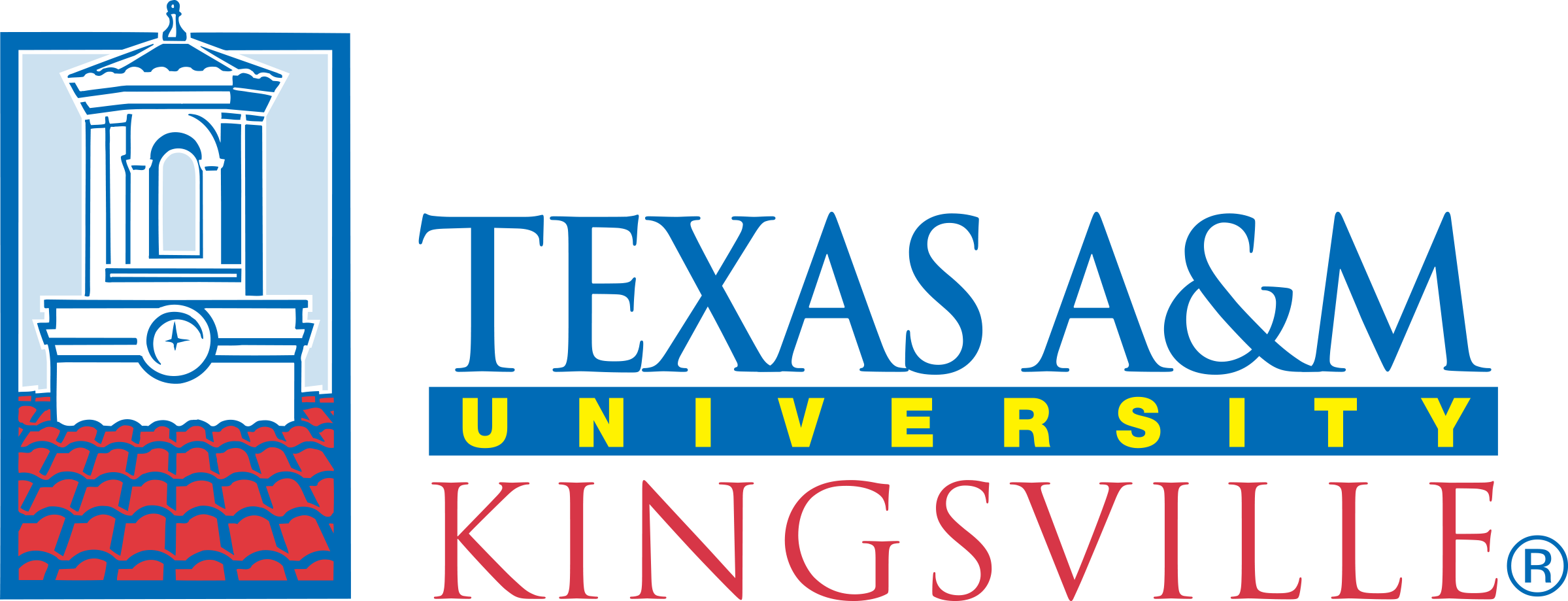
Texas A&M Kingsville (Department of Environmental Engineering)
The Texas A&M Kingsville Department of Environmental Engineering offers programs in developing interdisciplinary specialties, as well as in areas of Environmental Engineering. The major research areas in the Environmental Engineering program includes: Air Quality, Water Quality, Solid and Hazardous Waste Management, Ecological Engineering, Environmental Informatics and Environmental Systems. The Environmental Engineering graduate program was recently ranked 69th in the nation by the U.S. News and World Report. Lucy Mar Camacho, co-PI, is Associate Professor of Environmental Engineering at Texas A&M University, Kingsville. Learn more about the Department of Environmental Engineering here.
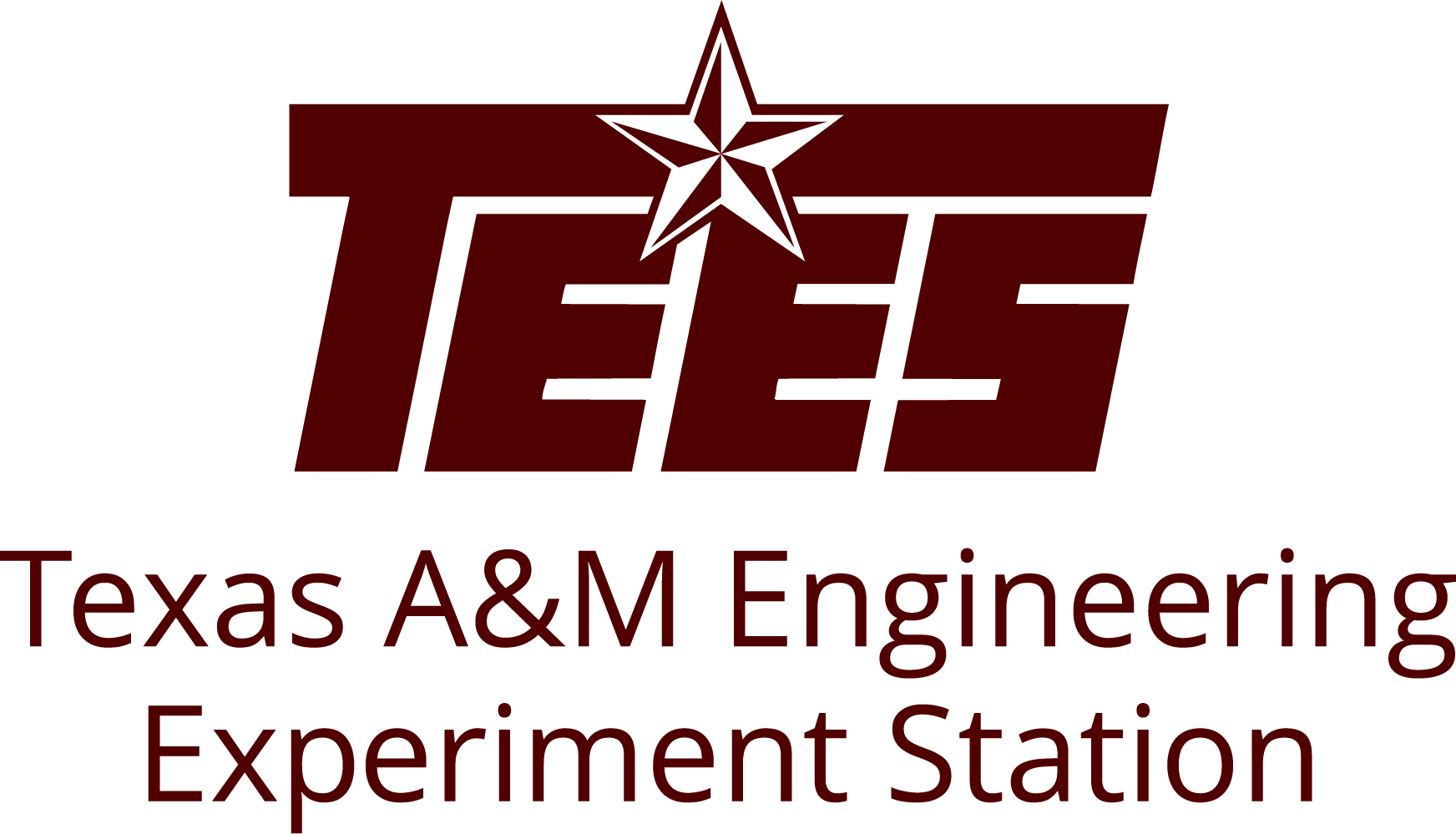


TEES Workforce Development (WFD)
The Texas A&M Engineering Experiment Station (TEES) supports the state’s workforce through education and training opportunities. The TEES mission, as defined by the State, is to perform quality research to address society’s needs, support the engineering workforce through education and workforce training, and develop and transfer technology to industry. As one of three core pillars, TEES workforce program has been performing activities of a similar size and scope for citizens in Texas for over 105 years. TEES WFD is unique in that the workforce program covers the entire “cradle to gray” with programs such as SPARK! Pk-12 Engineering Education Outreach, the Texas A&M Engineering Academies (partnership with 2 yr. colleges), and TEES EDGE (the Professional Education component). In addition to these programs, TEES workforce program also provides conference and symposia services both internally and externally for strategic planning and logistical support.
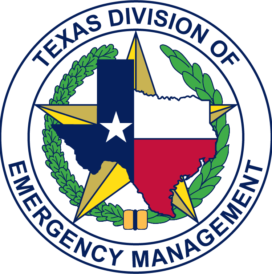
Texas Division of Emergency Management
The Texas Division of Emergency Management (TDEM) coordinates the state emergency management program, which ensures the state and its local governments respond to and recover from emergencies and disasters, and implement plans and programs to help prevent or lessen the impact of emergencies and disasters. TDEM implements programs to increase public awareness about threats and hazards, coordinates emergency planning, provides an extensive array of specialized training for emergency responders and local officials, and administers disaster recovery and hazard mitigation programs in the State of Texas. Learn more about TDEM here.
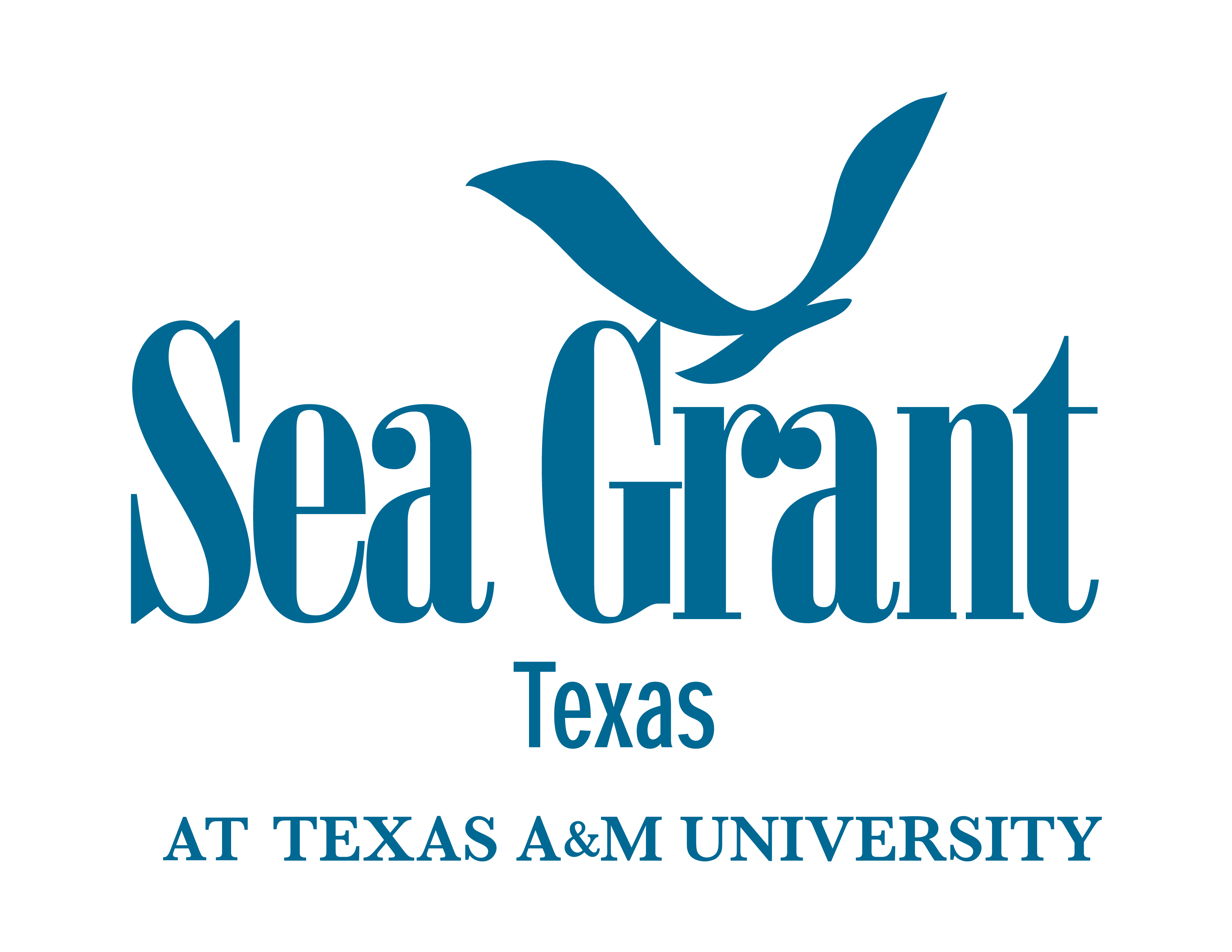
Texas Sea Grant
The Texas Sea Grant College Program is a collaboration of the National Oceanic and Atmospheric Administration (NOAA), the State of Texas, Texas A&M University, College of Geosciences, State of Texas, Texas A&M AgriLife Extension and Texas County Commissioners’ Courts. Texas Sea Grant is part of a network of 33 university-based programs in coastal and Great Lakes states, Puerto Rico and Guam. Texas Sea Grant is headquartered at Texas A&M University in College Station and has members located at Texas A&M University at Galveston and Texas A&M University-Corpus Christi, and in communities along the coast. Texas Sea Grant’s competitive research grant program involves the expertise of the state’s top scientists. Its coastal extension agents and specialists working in the field translate and communicate research results to stakeholders in ways that meet the real-world needs of Texans. Learn more about Texas Sea Grant here.
Regional Core Partners:

Mississippi State University (College of Forest Resources, Department of Sustainable Bioproducts)
The College of Forest Resources (CFR) is committed to promoting the professional and intellectual development of our students. MSU CFR is an academic community dedicated to the conservation and utilization of forest lands and other natural resources through integrated programming between three core units, Forestry, Sustainable Bioproducts, and Wildlife, Fisheries, & Aquaculture. C. Elizabeth Stokes, co-PI, is an Associate Professor in the Department of Sustainable Bioproducts. Learn more about the Department of Sustainable Bioproducts here.
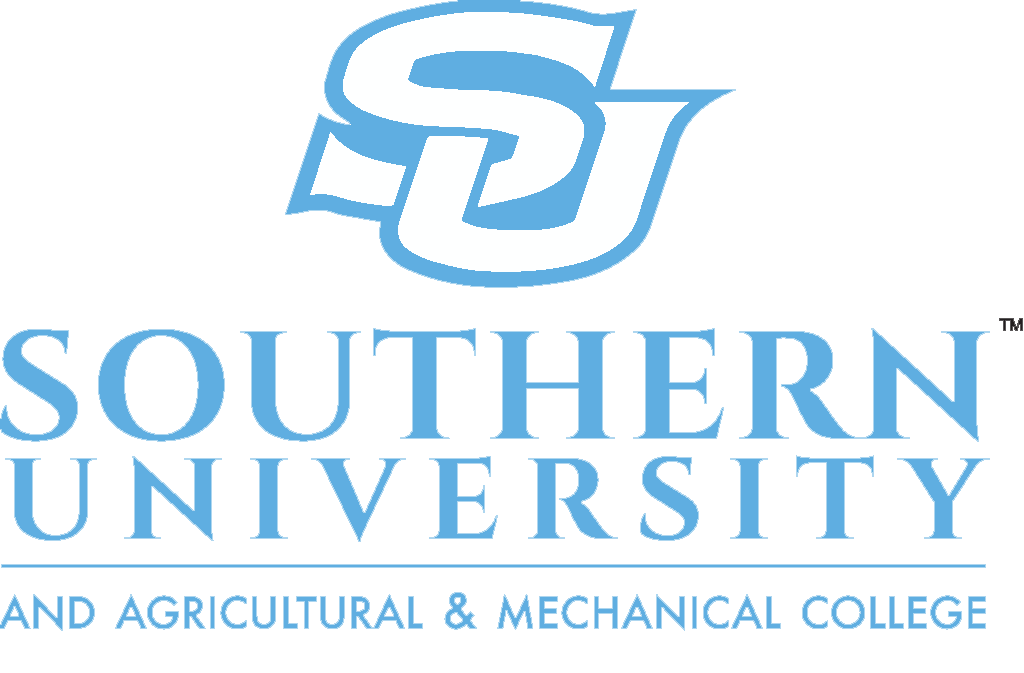
Southern University (Nelson Mandela College of Government and Social Sciences)
The Nelson Mandela College of Government and Social Sciences is the only College of Government in the State of Louisiana. The college provides opportunities for the student population to achieve a high-quality educational experience, to engage in scholarly research, creative activities and meaningful public service to the community, the state, the nation, and global environment. Damien Ejgiri, Co-PI, is the Dean and Professor of Nelson Mandela College of Government & Social Sciences at the Southern University and A&M College. Onyumbe Lukongo, Senior Personnel, Associate Professor of Public Policy at the Southern University. Learn more about Nelson Mandela College of Government and Social Sciences here.
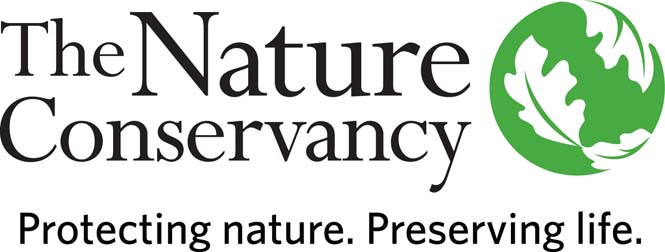
Nature Conservancy® Louisiana
The Nature Conservancy is a global environmental non-profit working to create sustainable balance where people and nature can thrive. The organization supports innovation, leadership, and communication for conservation success. The challenges of conservation are addressed using drones to artificial intelligence, to satellites – to solve global problems. TNC scientists partner with local communities & combine new technologies with indigenous knowledge for lasting conservation results. Seth Blitch, Co-PI, is Coastal and Marine Conservation Director in Louisiana. Learn more about The Nature Conservancy here.
National Core Partners:
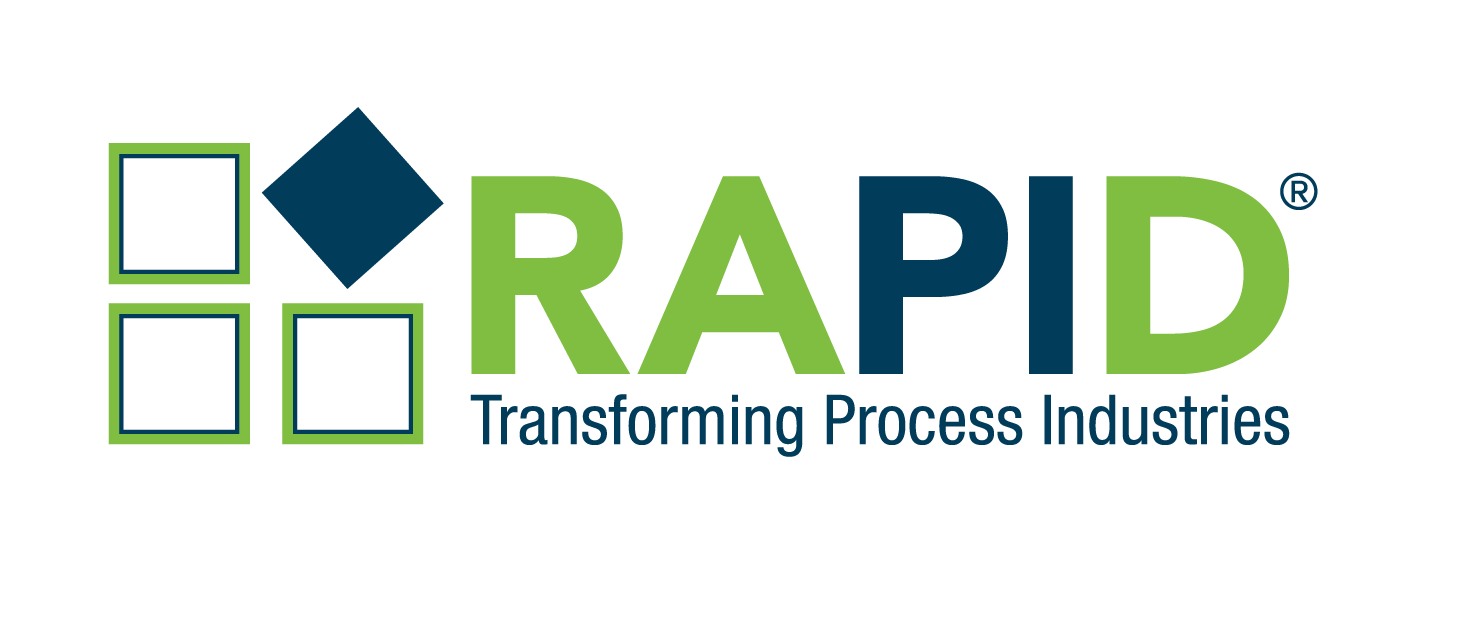
RAPID Manufacturing Institute®
The Rapid Advancement in Process Intensification Deployment (RAPID) Institute is focused on addressing the modular chemical process intensification barriers to enable the development of breakthrough technologies to boost energy productivity and energy efficiency through manufacturing processes in industries such as oil and gas, pulp and paper and various domestic chemical manufacturers. RAPID will leverage approaches to modular chemical process intensification (MCPI) — such as combining multiple process steps such as mixing, reaction, and separation into single more complex and intensified processes — with the goal of improving productivity and efficiency, cutting operating costs, and reducing waste. The highlighted focus areas to organize the scope of research and development activities in the institute are — Chemical and Commodity Processing, Natural Gas Upgrading, and Renewable Bioproducts, Modelling and Simulation, Intensified Process Fundamentals, and Module Manufacturing. Ignasi Palou Rivera is a co-PI and the Executive Director & CTO – RAPID Manufacturing Institute. Learn more about RAPID Manufacturing Institute here.

Argonne National Lab
Argonne is a multidisciplinary science and engineering research center which addresses questions from how to obtain affordable clean energy to protecting ourselves and our environment. The Argonne National Laboratory analysis team includes a diverse group of engineers, technology analysts, economists, policy analysts and planners who work with the U.S. Department of Energy and other sponsors to assess programs and develop tools for the public to use in calculating potential energy, resource and emissions savings from implementation of new fuels and technologies. Troy Hawkins, Senior Personnel, is the Leader of Fuels and Products Group of the Systems Assessment Center at Argonne National Lab. Learn more about the Argonne National Lab’s Systems Assessment Research here.
International Core Partners:

Observer Research Foundation
ORF seeks to lead and aid policy thinking towards building a strong and prosperous India in a fair and equitable world. ORF promises to conduct in-depth research for long term sustainable growth, provide inclusive platforms and invest in tomorrow’s thought leaders today. ORF concerns relates to environment and resources, covering topics as diverse as climate change politics, the energy dilemma, water, finance and technology architectures. Anamitra Anurag Danda, Senior Personnel, is Senior Visiting Fellow at the Observer Research Foundation and has worked extensively in the critical ecological region of the Sunderbans in India and Bangladesh. Dr. Danda is also engaged with WWF India. Learn more about ORF’s Sunderbans research here.
Outreach Partners:
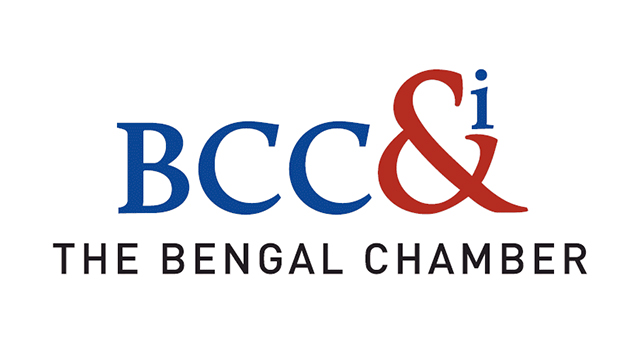
Bengal Chamber of Commerce and Industry
The Bengal Chamber of Commerce and Industry one of India’s oldest institutions of its kind dating back to 1833; has, over the last several years, been providing a relevant and sustainable forums towards promoting clean technology access and energy and environment management. A continuous endeavor has been to focus on sustainable development and to disseminate information and educate business, industry and society about the need for balancing industrial growth with ecological stability.
The annual Environment and Energy Conclave of The Chamber, an international forum for Climate Change mitigation and business response, is held every August and is the preferred forum for discussing environmental and climate challenges and mitigation actions. The Chamber was granted approval to present a Session on “Accelerating Electric Mobility with Green Jobs and Gender Parity” ast the Green Zone of COP26 in Glasgow, UK in November 2021.
The Bengal Chamber of Commerce & Industry is an Outreach Partner for the DIRE-FEWS Initiative. Learn more about the Bengal Chamber here.
